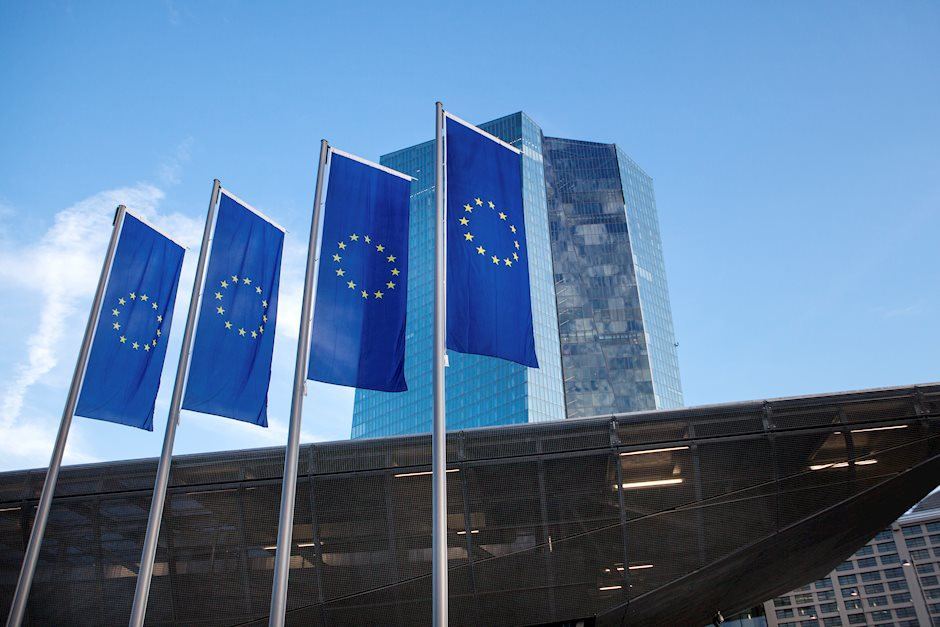ECB's Rehn: European growth outlook is looking somewhat weaker than the US

European Central Bank (ECB) Governing Council member Olli Rehn said on Friday that the slowdown in inflation alongside weakness in the Eurozone economy strengthened arguments to lower borrowing costs next month, per Bloomberg.
Key quotes
The growth outlook in Europe, especially manufacturing, is rather subdued.
In my eyes, this enforces the case for a rate cut in September.
We already have plenty of data to make our decision in September.
Disinflation and a weak economy support a September cut.
Downtrend in inflation is on track.
We are still seeing strong services inflation.
The disinflationary process has been ongoing since autumn 2022 and it's still going on.
Asked about 50 bps, says they always have to be open.
Says he doesn't want to commit to anything, data-dependent.
Market reaction
At the time of press, the EUR/USD pair was down 0.02% on the day at 1.1188.
ECB FAQs
The European Central Bank (ECB) in Frankfurt, Germany, is the reserve bank for the Eurozone. The ECB sets interest rates and manages monetary policy for the region. The ECB primary mandate is to maintain price stability, which means keeping inflation at around 2%. Its primary tool for achieving this is by raising or lowering interest rates. Relatively high interest rates will usually result in a stronger Euro and vice versa. The ECB Governing Council makes monetary policy decisions at meetings held eight times a year. Decisions are made by heads of the Eurozone national banks and six permanent members, including the President of the ECB, Christine Lagarde.
In extreme situations, the European Central Bank can enact a policy tool called Quantitative Easing. QE is the process by which the ECB prints Euros and uses them to buy assets – usually government or corporate bonds – from banks and other financial institutions. QE usually results in a weaker Euro. QE is a last resort when simply lowering interest rates is unlikely to achieve the objective of price stability. The ECB used it during the Great Financial Crisis in 2009-11, in 2015 when inflation remained stubbornly low, as well as during the covid pandemic.
Quantitative tightening (QT) is the reverse of QE. It is undertaken after QE when an economic recovery is underway and inflation starts rising. Whilst in QE the European Central Bank (ECB) purchases government and corporate bonds from financial institutions to provide them with liquidity, in QT the ECB stops buying more bonds, and stops reinvesting the principal maturing on the bonds it already holds. It is usually positive (or bullish) for the Euro.
Author

Lallalit Srijandorn
FXStreet
Lallalit Srijandorn is a Parisian at heart. She has lived in France since 2019 and now becomes a digital entrepreneur based in Paris and Bangkok.

















